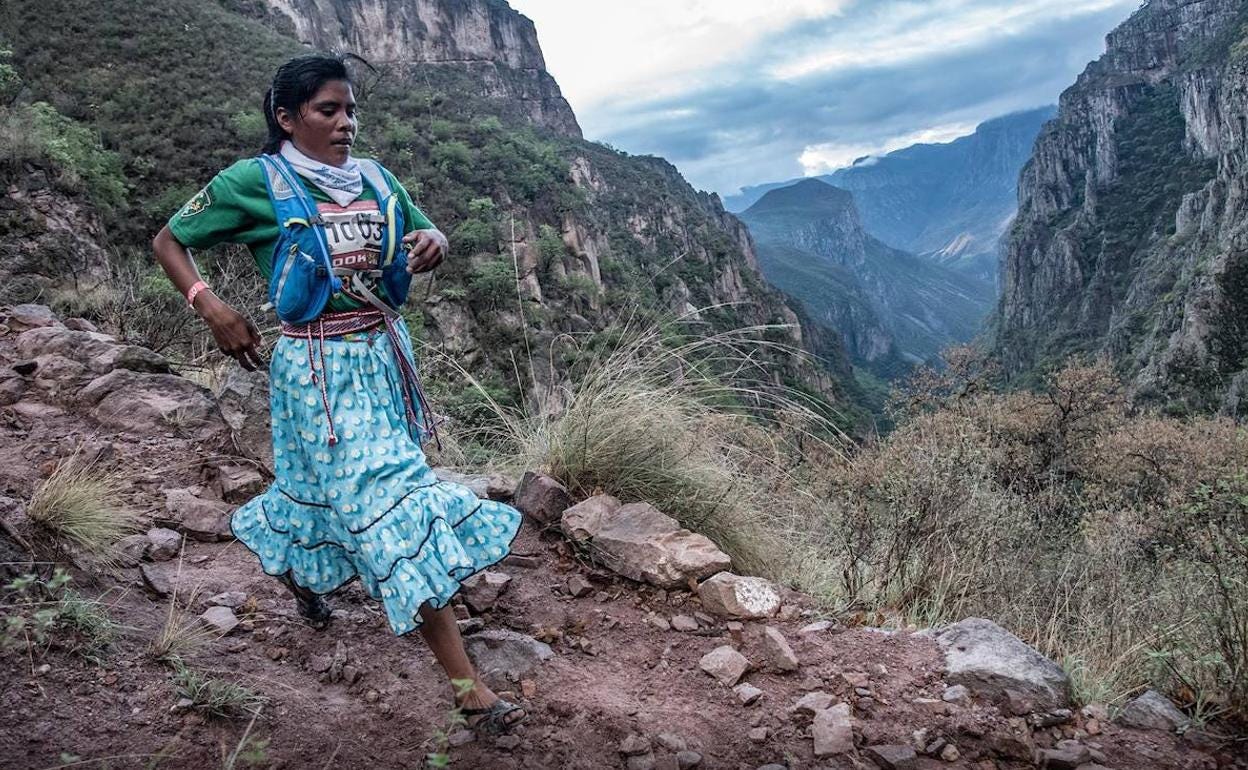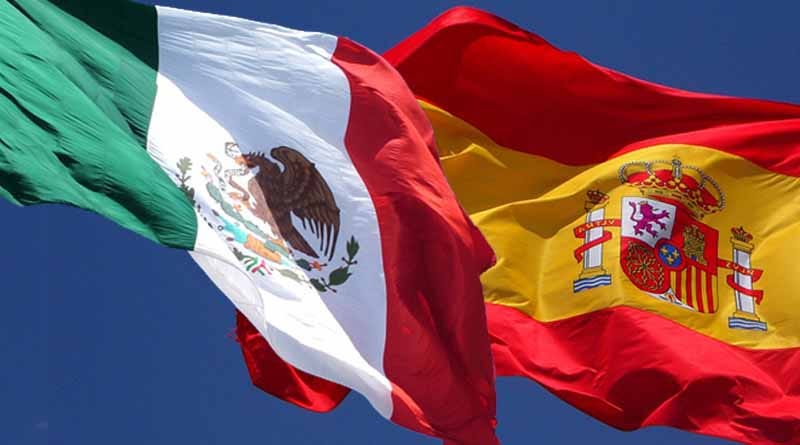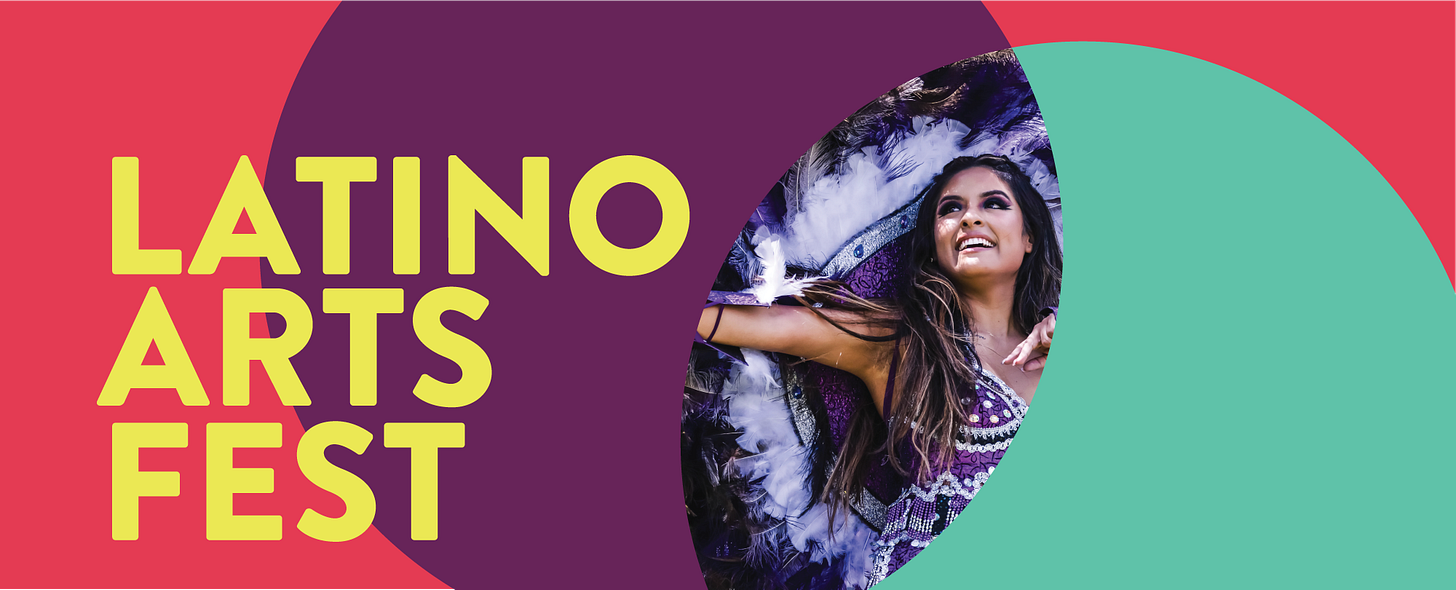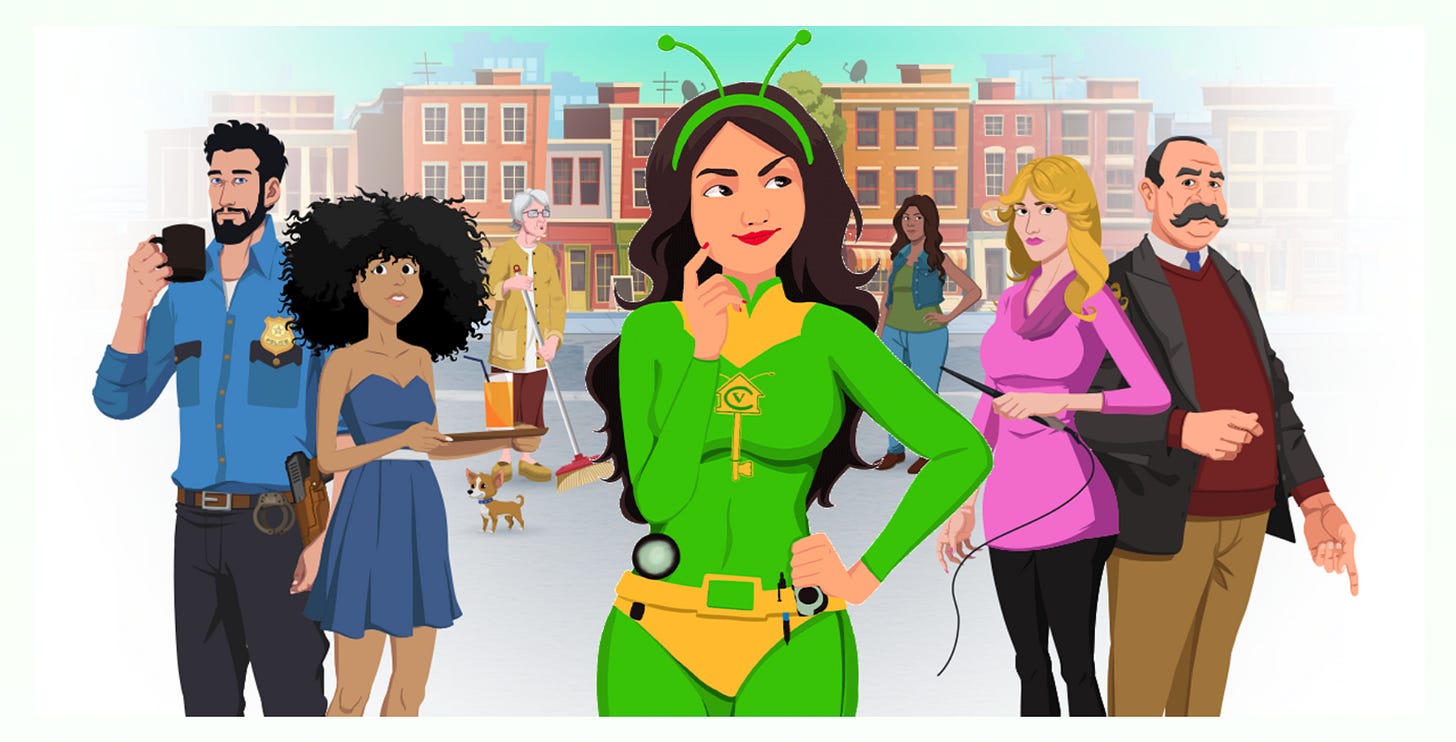Apple Backs Diversity, The Athlete Who Said No to NIKE, Latin American vs. Hispanic.
News from the Hispanic World in One Click
Welcome! La Chapulina Verde is bilingual. Every article is available in English and Spanish. Enjoy reading in your preferred language. Keep up to date and follow us on our social networks! Instagram, Threads, Facebook, and YouTube.
Apple Shareholders Uphold Diversity Policies as Activists Call for “Economic Blackout”
Apple had an important vote about whether to continue its diversity, equity, and inclusion (DEI) programs. Some wanted Apple to stop these efforts, but the majority of shareholders voted to keep them. This decision mattered because many companies have been cutting back on DEI programs, especially since president Donald Trump criticized them and suggested they might be illegal.
A conservative group called the National Center for Public Policy Research had proposed that Apple end DEI efforts, arguing that it could lead to more legal problems. However, Apple said it already had ways to avoid legal risks. When the votes were counted, 8.84 billion people voted to keep DEI programs, while only 210.45 million wanted to stop them. So, Apple’s DEI programs will continue.
Apple doesn’t have hiring quotas based on race or gender, but it runs programs to support underrepresented communities. These include:
Helping historically Black colleges and universities (HBCUs) in the U.S.
Teaching coding skills to Indigenous people in Mexico
Supporting an Aboriginal-led nonprofit in Australia working on criminal justice reform
In the past, Apple shareholders have also rejected proposals to make the company disclose more details about racial and gender pay gaps. Apple’s CEO, Tim Cook, said that hiring people from different backgrounds makes the company stronger. He admitted that if laws change, Apple may need to adjust its DEI efforts, but promised that the company will always value respect and dignity for all employees.
Meanwhile, many people in the U.S. are planning a 24-hour economic boycott on Friday. This means they won't spend any money that day to protest corporate greed and companies cutting back on DEI programs. The protest is also against Trump’s plans to end federal DEI initiatives. Organizers are asking people to either not spend money at all or shop only at small local businesses.
A group called the People’s Union has announced more boycotts in the coming months, including:
Amazon (March 7-14)
Nestlé (March 21-28)
Walmart (April 7-14)
A nationwide spending boycott on April 18
These protests are meant to send a message to big companies and the government that people still support diversity, fairness, and inclusion.
The Athlete That Rejected NIKE.
María Lorena Ramírez is a 22-year-old Indigenous woman from Mexico who became famous for winning a 50-kilometer ultramarathon in 2017. She beat 500 other runners and completed the race in seven hours and three minutes. But what amazed people the most was that she ran the entire race in huarache sandals made from recycled tire rubber, while other runners wore professional running shoes.
Lorena belongs to the Tarahumara (Rarámuri) people, a group known for their incredible endurance. They live in the Copper Canyon region in northern Mexico and have a history of running for survival, communication, and sport. Many of them run barefoot or in simple sandals. Scientists believe their unique running style, which is different from modern marathon runners, gives them an advantage.
Unlike most athletes, Lorena has no professional training. In her daily life, she works as a goat and cattle herder and walks between six to nine miles every day. After winning the race, she received a $320 cash prize, finishing ahead of runners from 12 different countries.
The Tarahumara people have a special low-alcohol corn beer that helps keep them hydrated and provides the energy needed for long runs. This beer has very little alcohol, and a person would need to drink almost four liters to feel intoxicated.
Experts believe the Tarahumara people have developed their extraordinary endurance through a tradition called persistence hunting. This means they chase animals until the animals collapse from exhaustion. Since they usually run barefoot or in huaraches, their feet move differently compared to regular marathon runners, which might explain why they can run for so long without getting injured.
Competing in the 2025 Hong Kong Ultramarathon
In January 2025, Lorena Ramírez competed in a 100-kilometer ultramarathon in Hong Kong. She ran wearing a traditional Indigenous dress and her huarache sandals once again. This race was much harder, covering different terrains, mountains, and landscapes across Hong Kong. 2,000 women participated, and Lorena finished in 328th place with a time of 26 hours, 2 minutes, and 12 seconds.
During the race, she suffered injuries on her feet due to the sandals. A medical team treated her a few hours into the race, but she still managed to finish the full 100 kilometers.
After completing the race, she shared a message from Hong Kong:
“Greetings to all of Mexico. Thank you very much for the encouragement.”
Her words were shared by the Lorena Ramírez A.C. Foundation, an organization that works to support the Rarámuri community by providing food, education, and cultural preservation programs.
The Difference Between Being Latin American and Hispanic.
Many Latin Americans who move to Spain face stereotypes, discrimination, and struggles with identity.
Lina’s Story: Hiding Her Colombian Identity
Lina Larrea, a Colombian woman, experienced bullying and insults in Spain because of her nationality. People called her a "cokehead" just for being Colombian, which made her feel ashamed of her background. Over time, she decided to hide her identity to avoid the pain and prejudice.
Colombia has a history of drug trafficking, which has led to negative stereotypes about Colombians, especially women. Movies and TV shows have made these stereotypes worse by glorifying drug lords and over-sexualizing Colombian women.
Edith’s Experience: Fighting Stereotypes About Latin Women
Edith Espínola, from Paraguay, moved to Spain expecting a better life. Even though she had a business degree, she was forced to work as a domestic worker. She once had an employer who asked her for "affection", showing how many Latin American women are treated unfairly.
She believes that Latin culture itself plays a role in how women are perceived. In Latin America, women are often expected to be kind, affectionate, and submissive, which makes Spaniards believe these stereotypes. To fight against this, she joined Servicio Doméstico Activo (SEDOAC), a group that helps domestic workers and speaks out against abuse and unfair treatment.
Manuel’s Perspective: The Assumption That Latin Americans Are Uneducated
Manuel Enrique Paulino, a journalist from Peru, moved to Seville as a teenager. He noticed that many Spaniards assumed Latin Americans were uneducated. People were shocked when he told them he went to a private school and university. Similarly, Edith was once asked if she knew how to read.
Another Latin American, Fernando Ochoa, a Venezuelan musician, hasn't faced direct racism but has noticed that Spaniards don’t know much about his country. Many only ask him about politics (leaders like Chávez and Maduro), based on the limited news they see. He also thinks he avoids discrimination because he "doesn’t look Venezuelan"—meaning people expect Venezuelans to be darker-skinned.
Inequality and Change
Even though many Latin Americans work hard, they struggle to reach high positions in Spain. A study found that only 18.2% of children of immigrants get high-level jobs, compared to 27.3% of children of Spanish parents. This shows that opportunities are still unequal.
However, some things are changing for the better. The internet is helping disprove stereotypes. In the past, people had to visit a country to learn about it, but now they can easily research different cultures online.
Finding a Sense of Belonging
Many Latin Americans in Spain feel like they don’t fully belong anywhere. Paulino and Ochoa say they feel like they are from everywhere and nowhere at the same time. Edith believes that being patriotic is not about waving a flag, but about respecting the society you live in.
As for Lina, she no longer feels ashamed of being Colombian. She now believes that there should be room for everyone who feels connected to both Spain and their home country.
Latino Arts Festival 2025: Calling All Artists and Creators!
The Latino Arts Festival is back for its 9th year in Park City, Utah, happening from June 13-15 at Canyons Village. Organized by the Arts Council of Park City & Summit County, this event celebrates Latino and Hispanic culture through art, music, dance, food, and crafts.
The festival is open to all Latino and Hispanic artists and artisanal makers, both local and international. It’s a great opportunity for creatives to showcase their work, connect with the community, and sell their products. Applications are being accepted until April 1 (5 p.m. MST) and must be submitted online. Information is available in English, Spanish, and Portuguese upon request.
Artists will be selected based on creativity, originality, cultural representation, and artistic excellence. Those chosen will receive a 10×10 booth space to display and sell their work. This year, artisanal makers will have a space inside the El Mercadito pavilion tent. Participants must attend all three days and have enough inventory for the event. The participation fee is $150.
Festival Director Andrea Zavala emphasizes the importance of uplifting Latino voices through art, calling it a way to unite communities and share cultural richness. The Arts Council will announce programming updates soon, and businesses interested in sponsorships can still apply.
For more details or to get involved, visit: https://www.pcscarts.org/latino-arts-festival
Rosa's Ice Cream.
An Act of Kindness That Melts the Heart
In our latest edition, we highlight a touching video by Jesús Morales (@juixxe), who visited Rosa’s Ice Cream and Fruit Bar in San Diego, a family-owned business on the verge of closing due to construction blocking its main entrance.
Jesús decided to surprise Emilia, the shop’s owner, with $1,000 in support. Her reaction, filled with tears of joy, reminds us of the impact a community can have when we support each other.
Discover this inspiring story and how a small gesture can change lives.
If you want to visit Rosa's ice cream shop, learn more here.











